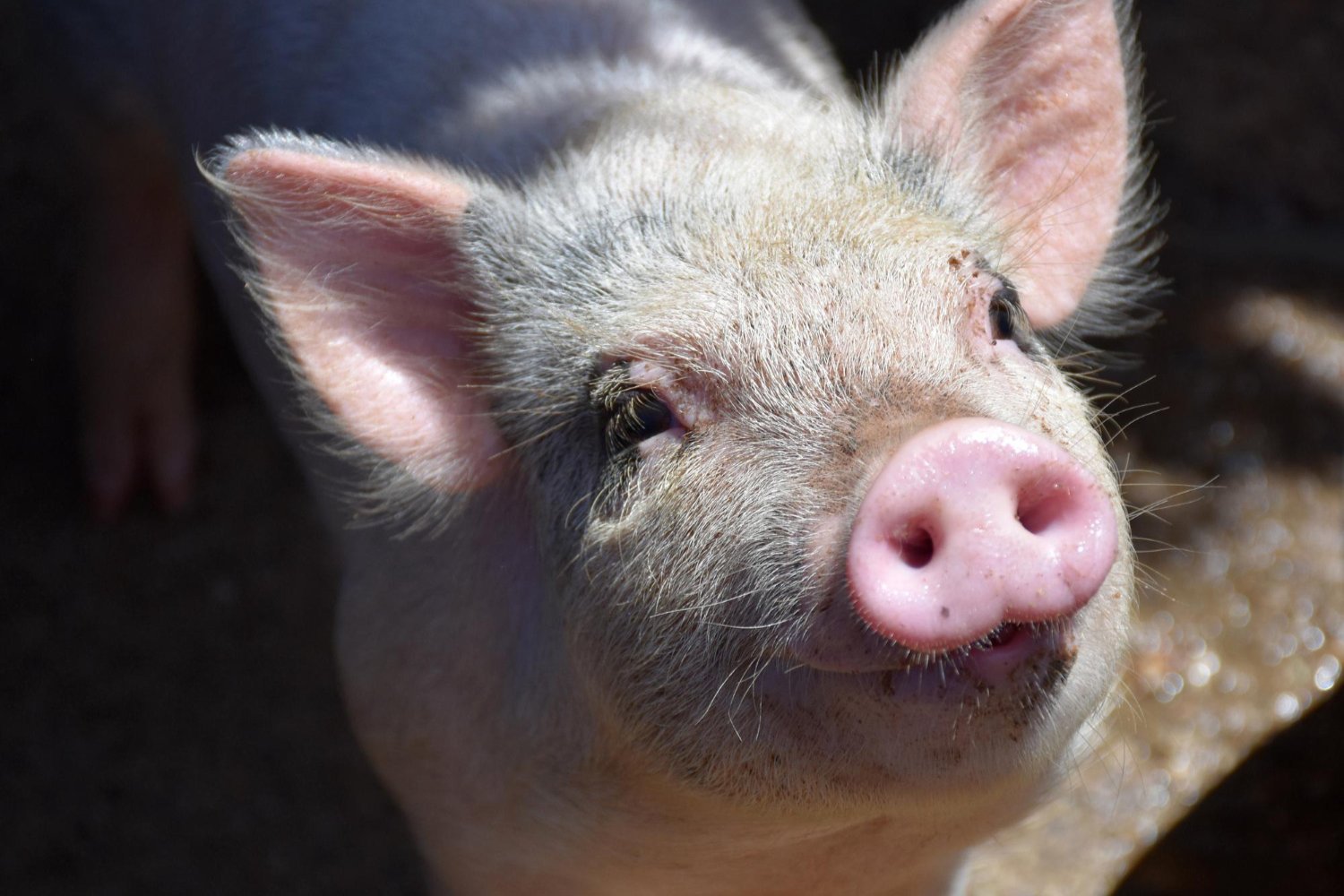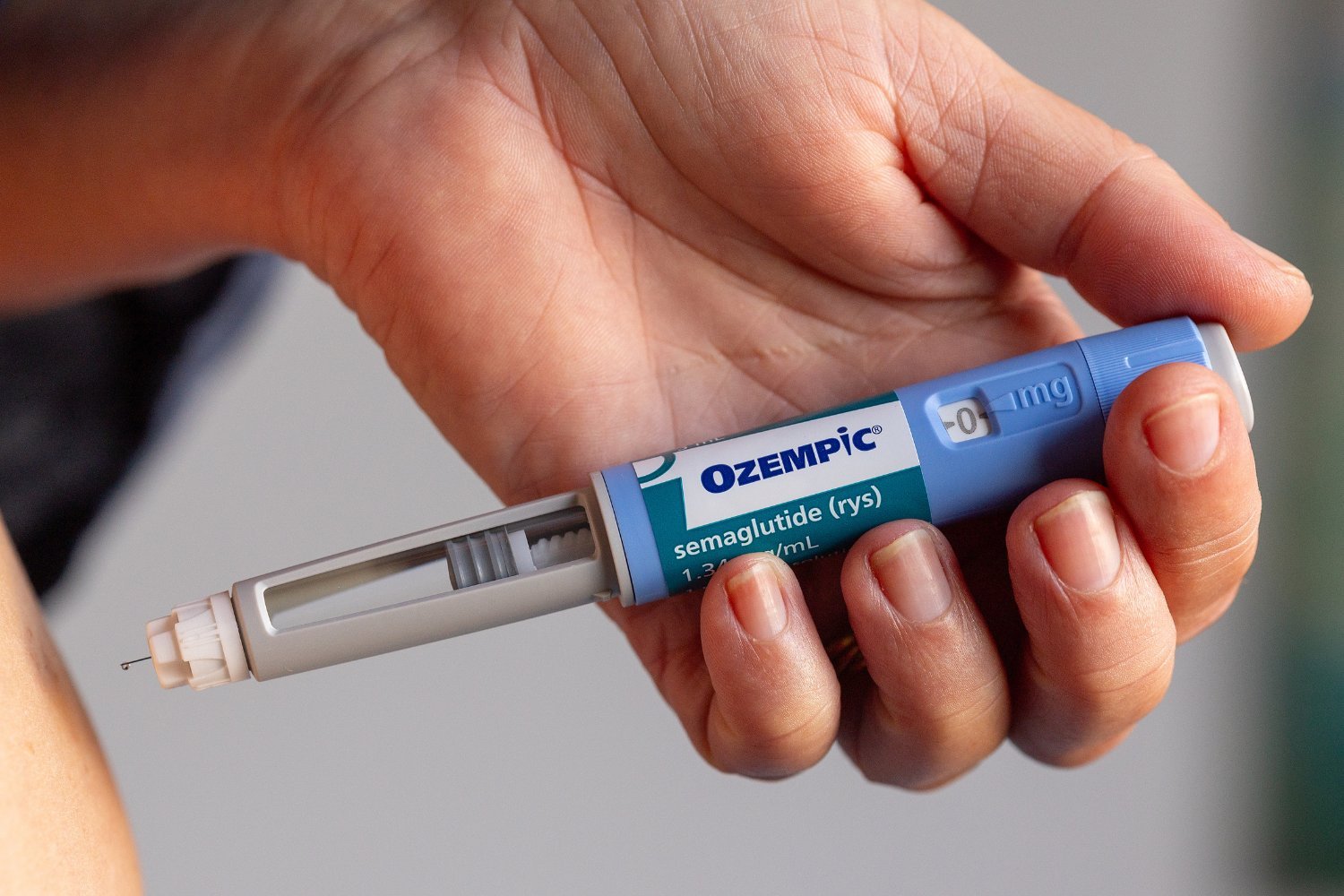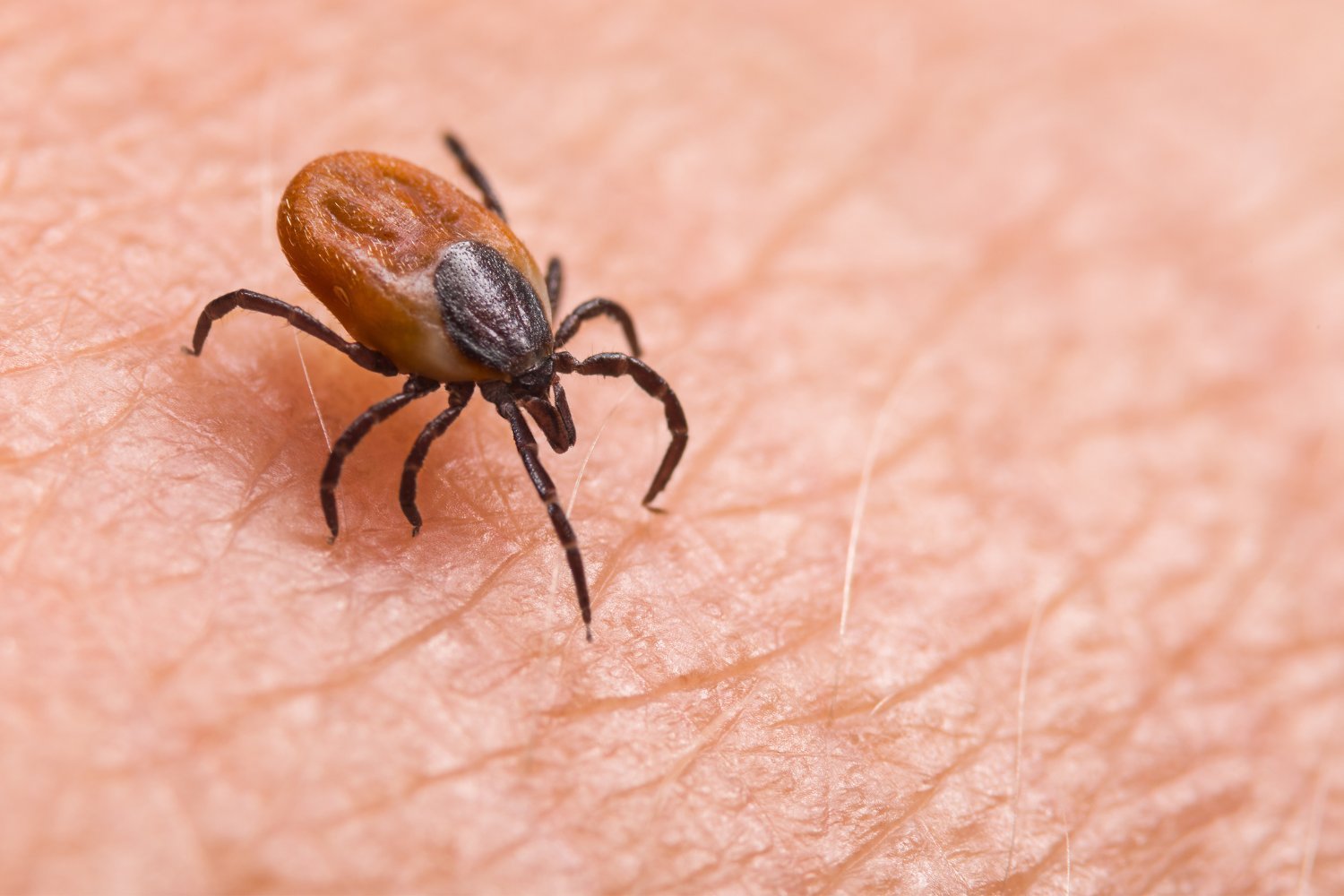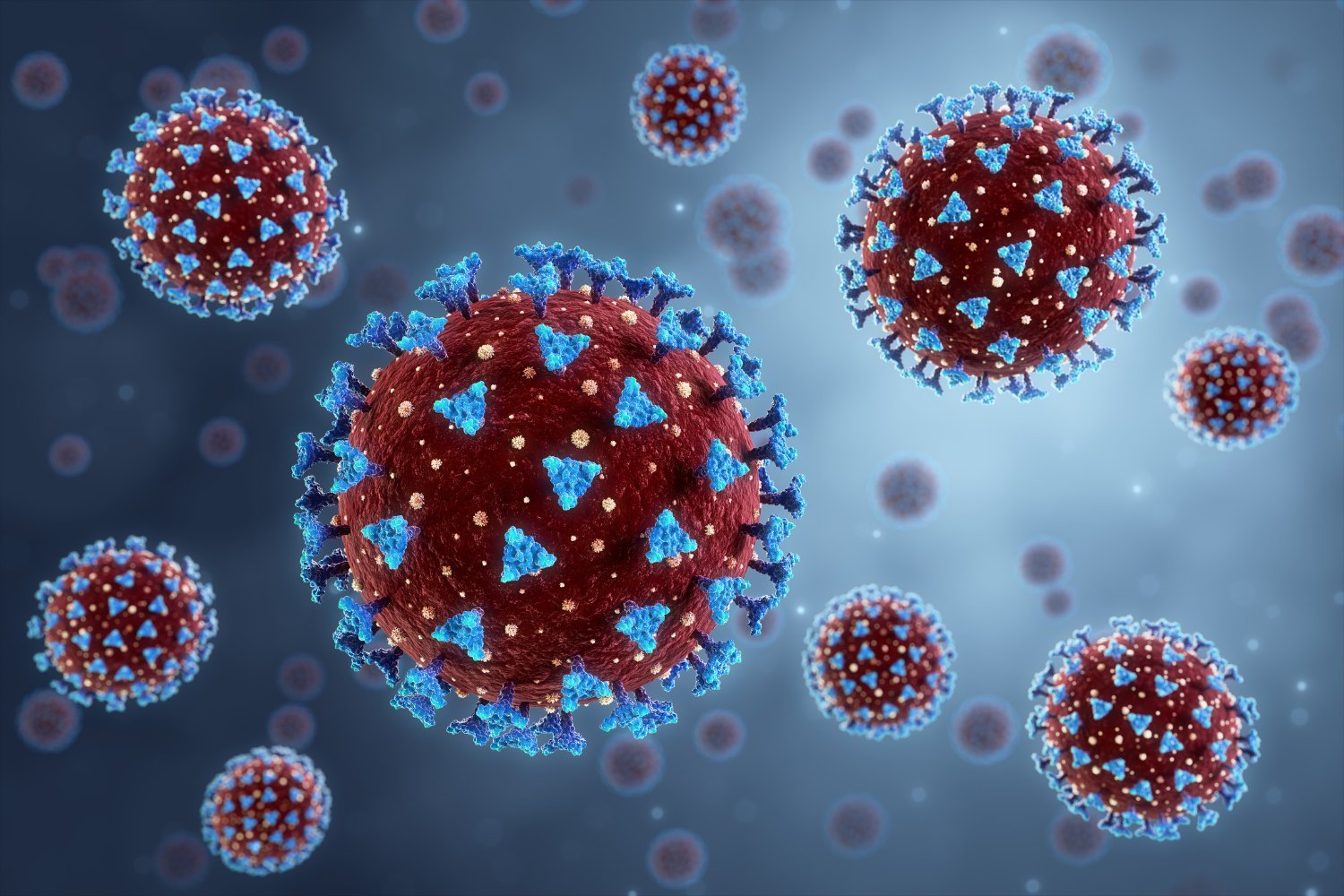Losing a baby tooth is a rite of passage, replaced by a permanent adult tooth. However, losing an adult tooth presents limited options: dentures, titanium implants, or a noticeable gap. A groundbreaking study offers a potential third option: lab-grown teeth.
Researchers at Tufts University School of Dental Medicine have successfully grown a combination of human and pig tooth cells within pig jaws. This innovative method, published in Stem Cells Translational Medicine, could revolutionize tooth replacement. The bioengineered tissue, implanted in the mandibles of test pigs, continued to develop tooth-like material, offering a promising glimpse into the future of dental implants.
Current Dental Implant Challenges
Current dental implants, while effective, face limitations. Their estimated lifespan is approximately 15 years, and they carry the risk of jawbone resorption and peri-implantitis, an inflammatory condition affecting the tissues surrounding the implant. As researchers Weibo Zhang and Pamela Yelick highlight in their study, creating functional bioengineered teeth with properties mirroring natural teeth would significantly improve upon existing synthetic titanium implants. This has been the driving force behind their research.
The Bioengineering Process
Zhang and Yelick utilized cells from pig tooth enamel and human dental pulp, among other human cells. These cells were then placed onto a biodegradable, tooth-shaped scaffold constructed from pig teeth components. This innovative approach, as described by MIT Technology Review, provides a framework for the cells to grow and develop.
Implantation and Growth
The bioengineered tooth buds were implanted into the mandibles of Yucatan mini pigs, chosen for their anatomical similarity to human mandibles. These mini pigs then underwent a growth period of two to four months. The result? The formation of tooth-like tissues, including dentin and cementum, demonstrating the potential for this technique to generate functional tooth structures.
Future Implications and Ongoing Research
While the results are promising, the researchers acknowledge that further refinement is needed. As Yelick noted in MIT Technology Review, the grown tissues are not yet fully formed teeth. However, the research team remains optimistic about the potential to create functional biological tooth replacements. This study represents a significant step forward in bioengineering, offering hope for patients seeking alternatives to current implant options.
This groundbreaking research joins a growing body of work exploring the possibilities of bioengineered tissues and organs. These advancements offer the potential to improve patient care and provide viable alternatives to synthetic materials and long donor waitlists. The future of dental implants may well lie in the ability to grow personalized, biological teeth.











